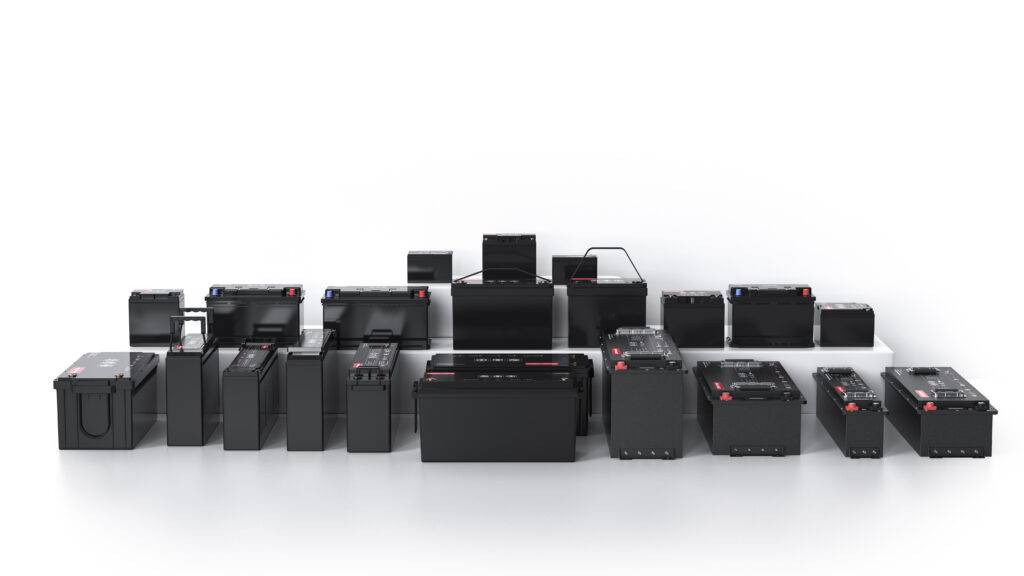The world of lithium batteries is diverse, with various chemistries boasting different attributes. One of the most promising and rapidly growing in popularity is the Lithium Iron Phosphate (LiFePO4) battery. But when it comes to charging LiFePO4 batteries, not just any charger will do. This article explores the importance of using a dedicated charger for LiFePO4 batteries, delving into the science and safety aspects that underscore this need.

#post_seo_title
1. Introduction to LiFePO4 Batteries
LiFePO4 batteries are a subset of lithium-ion batteries, distinguished by their use of iron phosphate (FePO4) as a cathode material. They are revered for their:
- Safety: They’re thermally stable and have a lower risk of overheating or catching fire.
- Long Lifespan: They can endure more charge/discharge cycles compared to other lithium-ion batteries.
- Eco-friendliness: The absence of heavy metals makes them more environmentally friendly.
2. The Unique Charging Profile of LiFePO4 Batteries
Every battery chemistry has its own charging profile—a set of parameters that ensures the battery charges safely and efficiently. Here are the unique aspects of LiFePO4:
- Voltage Range: LiFePO4 batteries typically have a lower nominal voltage of about 3.2V per cell, compared to the more common 3.7V for other lithium-ion cells.
- Charge Curve: LiFePO4 batteries use a constant current/constant voltage (CC/CV) charging curve, but the specific voltages and transition points differ from other lithium-ion variants.
3. Why a Special Charger is Essential
A. Safety First
Mismatching chargers can lead to:
- Overcharging: Exceeding the recommended voltage can cause internal damages, reducing the battery’s lifespan and potentially leading to safety hazards.
- Undercharging: Charging a LiFePO4 with a charger meant for another lithium-ion chemistry might not fully charge it, leading to reduced capacity utilization.
B. Maximizing Battery Lifespan
The right charger ensures the battery undergoes optimal charging cycles, maximizing its lifespan. Over or undercharging, even if safe, can stress the battery, leading to reduced life.
C. Efficiency and Charge Speed
A dedicated LiFePO4 charger can charge the battery more efficiently, ensuring faster charge times without compromising battery health.
D. Battery Management System (BMS) Compatibility
Many LiFePO4 batteries come with an integrated BMS, a system that manages charging, discharging, and overall health. A specialized charger communicates more effectively with this system, ensuring balanced charging of individual cells.
4. Tips for Choosing the Right LiFePO4 Charger
- Check Voltage Ratings: Ensure the charger’s output matches the battery’s nominal voltage and max charge voltage.
- Understand Charging Rate: A charger’s rate (usually in amps) determines how fast it will charge your battery. Too high can stress the battery; too low can be inefficient.
- Safety Features: Look for protections against overcharging, short circuits, overheating, and reverse polarity.
- Reviews and Brand Reputation: A reliable brand or positive user reviews can point to product quality and safety.
5. Conclusion: The Right Charger for the Right Battery
In the intricate world of lithium batteries, small details can have significant impacts. Using a dedicated charger for your LiFePO4 battery ensures you tap into all the benefits these batteries offer, from longevity to safety. As the adage goes: “the right tool for the right job.” In the world of LiFePO4, the right charger is more than a recommendation—it’s a necessity.


